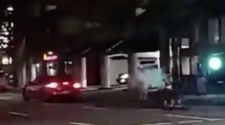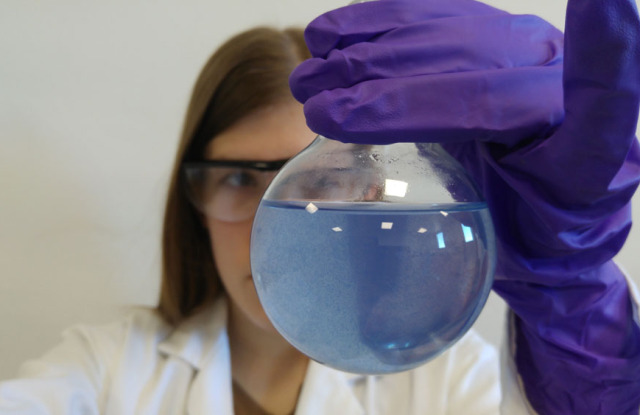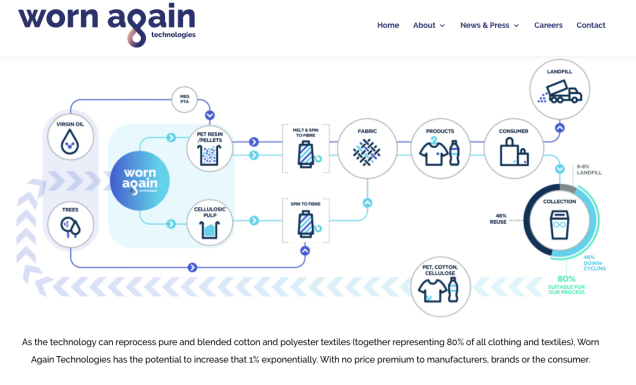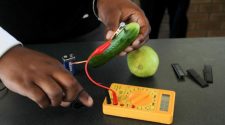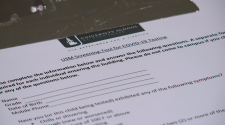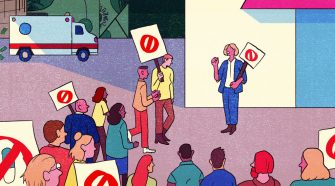LONDON — Worn Again Technologies, a polymer recycling company, has launched a research and development facility in Redcar, England. The plant is the first major step in the company’s long-term strategy to bring its technology to scale for the retail industry.
“The purpose of the pilot is to continue generating data that will validate the process steps of separating and decontaminating PET polymer from textiles so that we can recapture raw materials in these textiles and get them back into circulation,” said Cyndi Rhoades, founder of Worn Again Technologies.
Until now, the company has been in a pre-industrialization phase; it has taken eight years to go from laboratory to proof of concept to the industrial phase. In the meantime, they’ve caught the eye of some major fashion industry players and garnered support from the likes of H&M and Kering Group.
In 2013, H&M Group invested in Worn Again Technologies while Kering has been contributing to the company’s research, and providing financial support.
“This is a solution that all big brands and retailers require and need, but in terms of actual technological development, there is very little they can do because it is so far back in the supply chain,” said Rhoades. “So where we have found value in working with brands is having them engage, raise financing and illustrate a market demand for solutions like ours.”
The research and development plant will provide the company with the ability to perfect its recycling process and reproduce raw materials. After textiles have been collected and the solvents separated out, Worn Again Technologies are able to recapture the textiles’ cellulose. From this, they will be able to produce two recycled materials: a polyester resin that can be melted and spun into yarn, and a cellulosic pulp that can be used in viscose.
“It is not a new material, it is an existing resource, which is exactly what we know the industry is after in terms of large-scale industrial solutions, it is the whole idea of recirculating and making new textiles from existing textiles,” said Rhoades.
She added that the business model is based on licensing, “so we will be licensing the technology to plant operators around the world.”
Rhoades is already looking ahead. Now that the research and development plant has been launched, the company will go on to build a demonstration facility and more sites.
“We are looking at where there is a focus on circularity, where people are galvanizing the networks of government and we are bringing our demonstration plans to these pockets. We are focused on where the energy is,” she said.




